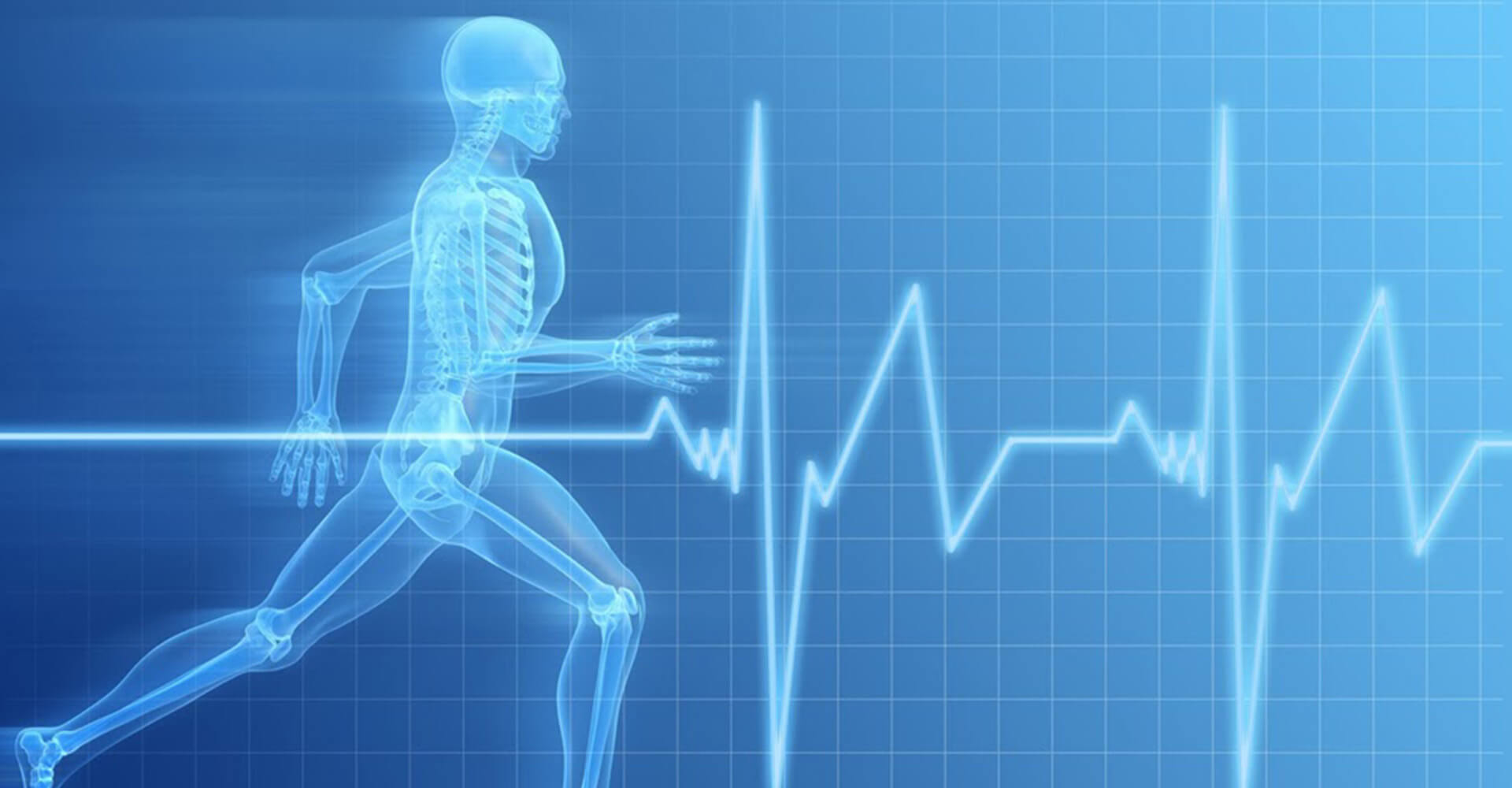Our Bachelor of Sport and Workout Science explores the complexity of human movement and methods to assist athletes in reaching their complete potential. Adoption of the language of science is often used to present a set of ideas as possessing scientific value and credibility, and to adopt the intellectual authority that implies. Otherwise, it would be not possible to distinguish involving modern physical exercise physiology and ancient theories of energy, or in between sport psychology and psychobabble.
Focusing on cognitiveВ functioning, psychosocial development, college engagement andВ general educational attainment, the short article reviews the availableВ evidence and concludes that there is enough explanation to believeВ that sports and physical activity can make valuable contributions toВ educational achievement. If there is a value in Sport and Exercise Sciences inside the perennial context of limited sources, it seems essential to be in a position to identify what counts as science and which study projects are worth supporting and understanding from.
So, sport and physical exercise scientists require an account of what science is, what scientists do, and what aims and strategies characterise scientific investigation. The relevance here is that assessments of studying types is exceptionally frequent in specific places of sport and exercising science, especially sports coaching. A sport psychologist has a theory that sports players use reasoning expertise throughout their game play which resemble norms of correct reasoning.
A VERSION OF THIS Post APPEARED IN THE BULLETIN OF THE INTERNATIONAL COUNCIL OF SPORT SCIENCE AND PHYSICAL EDUCATION , the worldwide representative body for sports organisations. At the centre of Kuhn’s analysis of science was his conception of the paradigm, by which he meant a recognised scientific achievement that provides model complications and options to scientists. The debate between Popper and Kuhn is, of course, only a fraction of the on-going the the debates inside the Philosophy of Science.
Both Created to Move and the HCM have attracted a great deal of interest – from politicians, the media, sports administrators, teachers, coaches and parents – and the most frequently asked queries seem to relate to a single topic: education. From time to time, they take up such suggestions because their coach, or even sports governing physique, market them.
This essay aims to offer an introduction to the Philosophy of Science, and discusses some of the techniques in which an understanding of its debates and disputes may possibly be relevant for researchers and practitioners in the sport and physical exercise sciences. Predictably, Kuhn’s portrait of typical science education has received a frosty reception from a quantity of philosophers and scientists.

